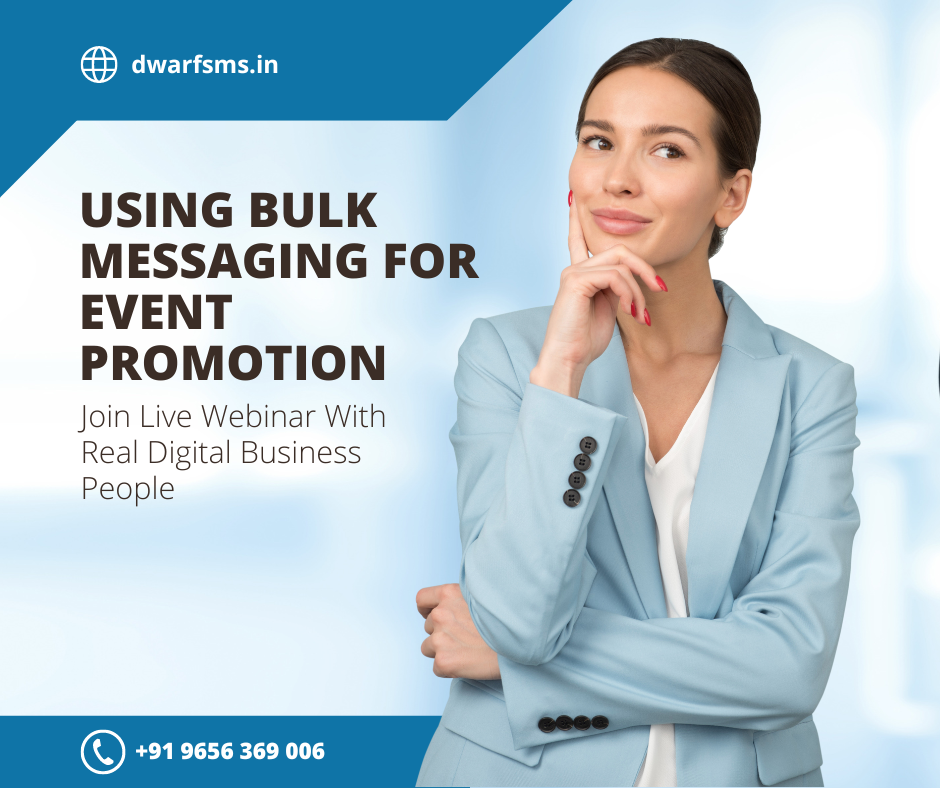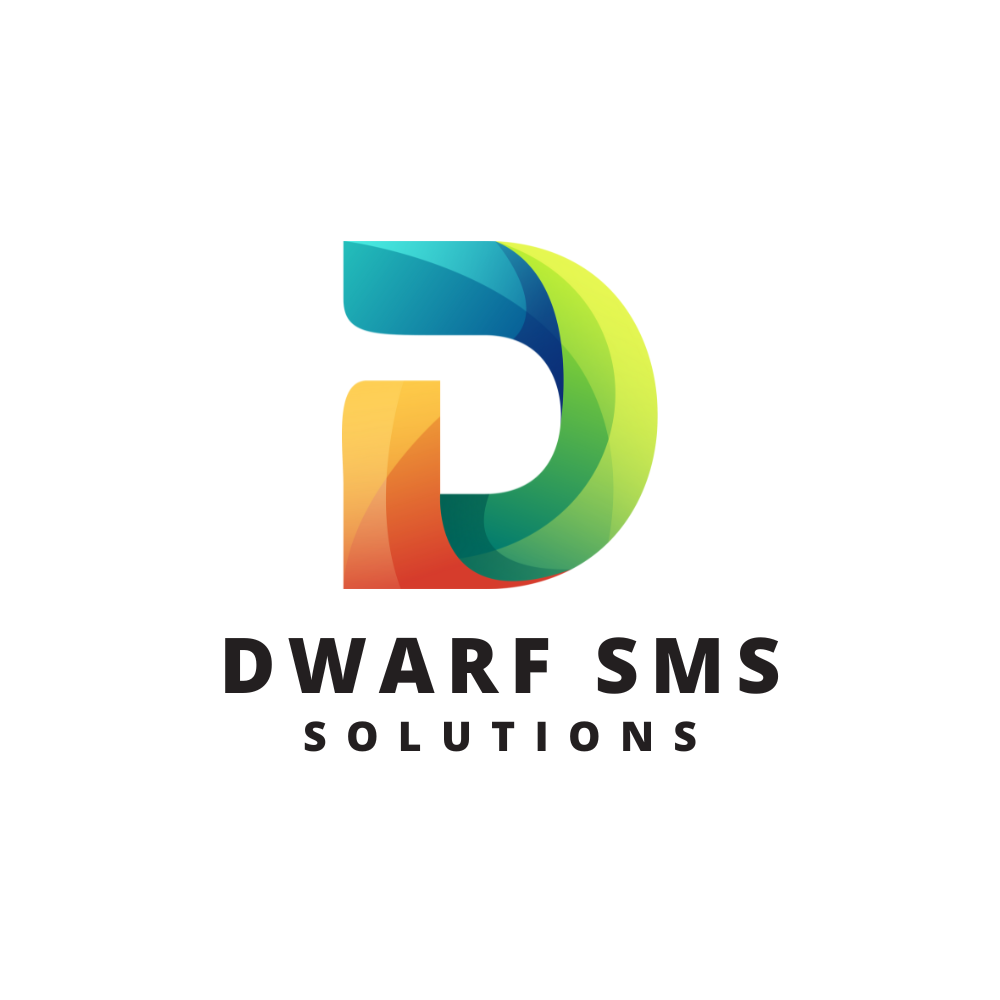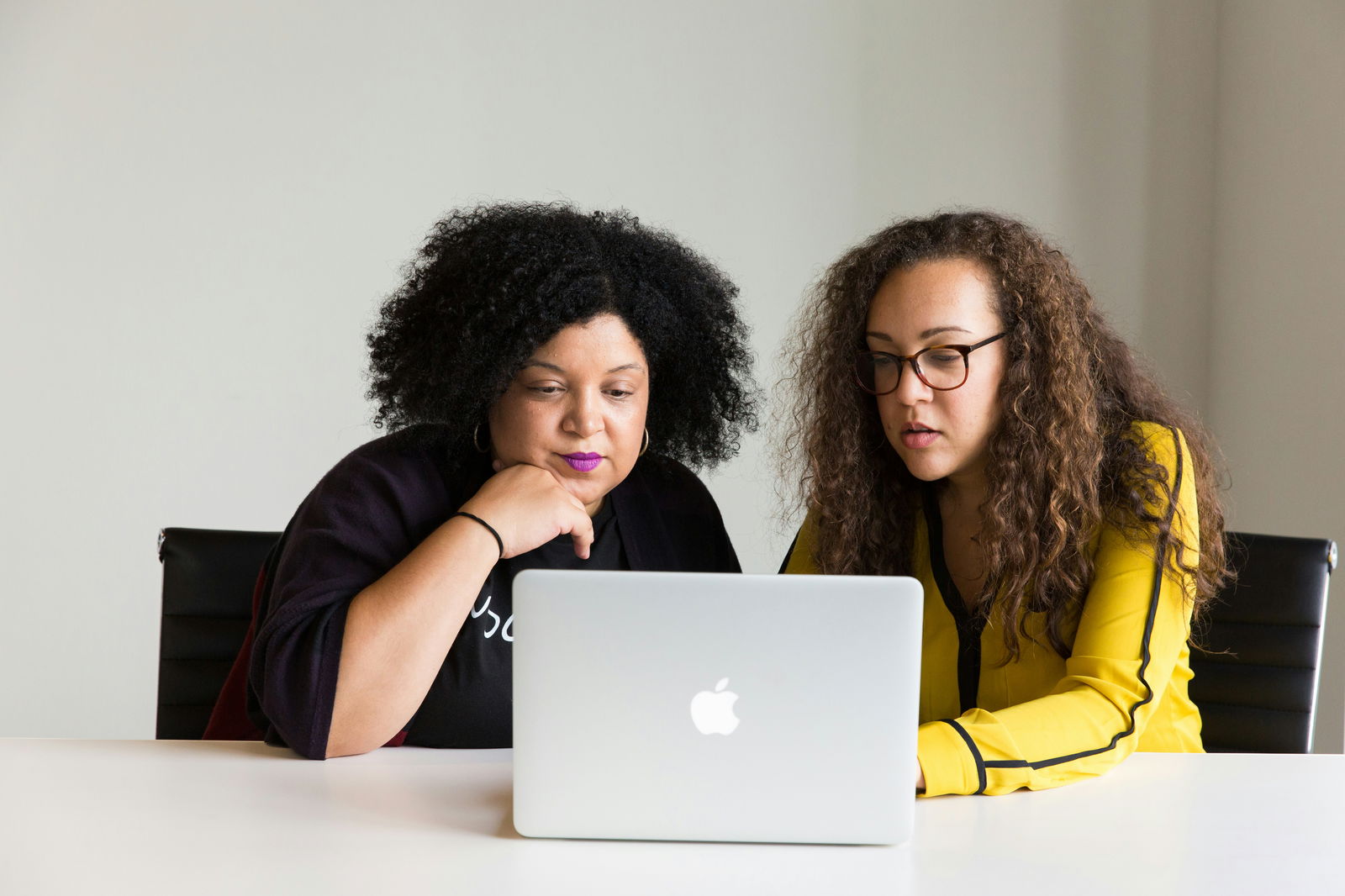
Using Bulk Messaging for Event Promotion: A Simple Guide
Why Messaging is Important for Event Promotion
Messaging allows you to communicate directly with your audience. It's fast, personal, and easy to track, making it a powerful tool for promoting events.
1. Know Your Audience
Before you start sending messages, understand who you’re talking to. Knowing your audience helps you create messages that they will respond to.
How to Know Your Audience:
- Segment Your Audience: Group your audience based on age, interests, and past behavior.
- Create Personas: Make detailed profiles of your audience segments to understand their needs and preferences.
2. Choose the Right Messaging Channels
Different people prefer different ways of communication. Picking the right channel ensures your messages are read and acted upon.
Common Messaging Channels:
- SMS: Perfect for quick updates and reminders.
- Email: Great for detailed information and formal invitations.
- Social Media Messaging: Good for interactive and engaging messages.
3. Write Engaging Messages
Your messages need to catch attention and prompt action. Writing good content is key to engaging your audience.
Tips for Writing Messages:
- Be Clear and Brief: Get to the point quickly to keep the reader interested.
- Include a Call to Action (CTA): Encourage readers to take action, like signing up or buying tickets.
- Personalize Your Messages: Use the recipient’s name and other details to make messages more engaging.
4. Timing is Important
When you send your messages can affect how well they work. Send them at the right time to get the best results.
Best Practices for Timing:
- Create a Schedule: Plan when to send messages to keep in touch without overwhelming your audience.
- Send Reminders: Follow up as the event date gets closer to keep people interested.
5. Use Automation Tools
Automation tools can help you send messages on time and make them more personal without much extra work.
Useful Automation Tools:
- Email Marketing Software: Tools like Mailchimp for automated email campaigns.
- SMS Marketing Platforms: Services like Dwarf SMS for automated text messages.
- Social Media Management Tools: Platforms like Hootsuite for scheduling social media posts.
6. Engage with Your Audience
Keep interacting with your audience even after the first message. Encourage them to engage and respond quickly to their inquiries.
Strategies for Engagement:
- Interactive Content: Use polls, surveys, and Q&A sessions to get people involved.
- Quick Responses: Answer questions and comments promptly to keep the conversation going.
7. Analyze and Improve
After your event, look at how your messages performed. This helps you understand what worked and what didn’t so you can improve next time.
Key Metrics to Track:
- Open Rates: See how many people opened your messages.
- Click-Through Rates: Track how many people clicked on links in your messages.
- Conversion Rates: Check how many people took the action you wanted, like signing up for the event.
Conclusion
Using messaging to promote events is a powerful strategy. By knowing your audience, choosing the right channels, writing engaging messages, and using automation tools, you can effectively promote your events. Always review your results and adjust your approach to keep improving. With these tips, you’ll be on your way to hosting successful events with high attendance.

